I don't have a lot to say, but it would be a shame if we didn't acknowledge the 100 year anniversary of the end of WWI. It did so much to form the world we live in now and to change the way industrial powers establish their military.

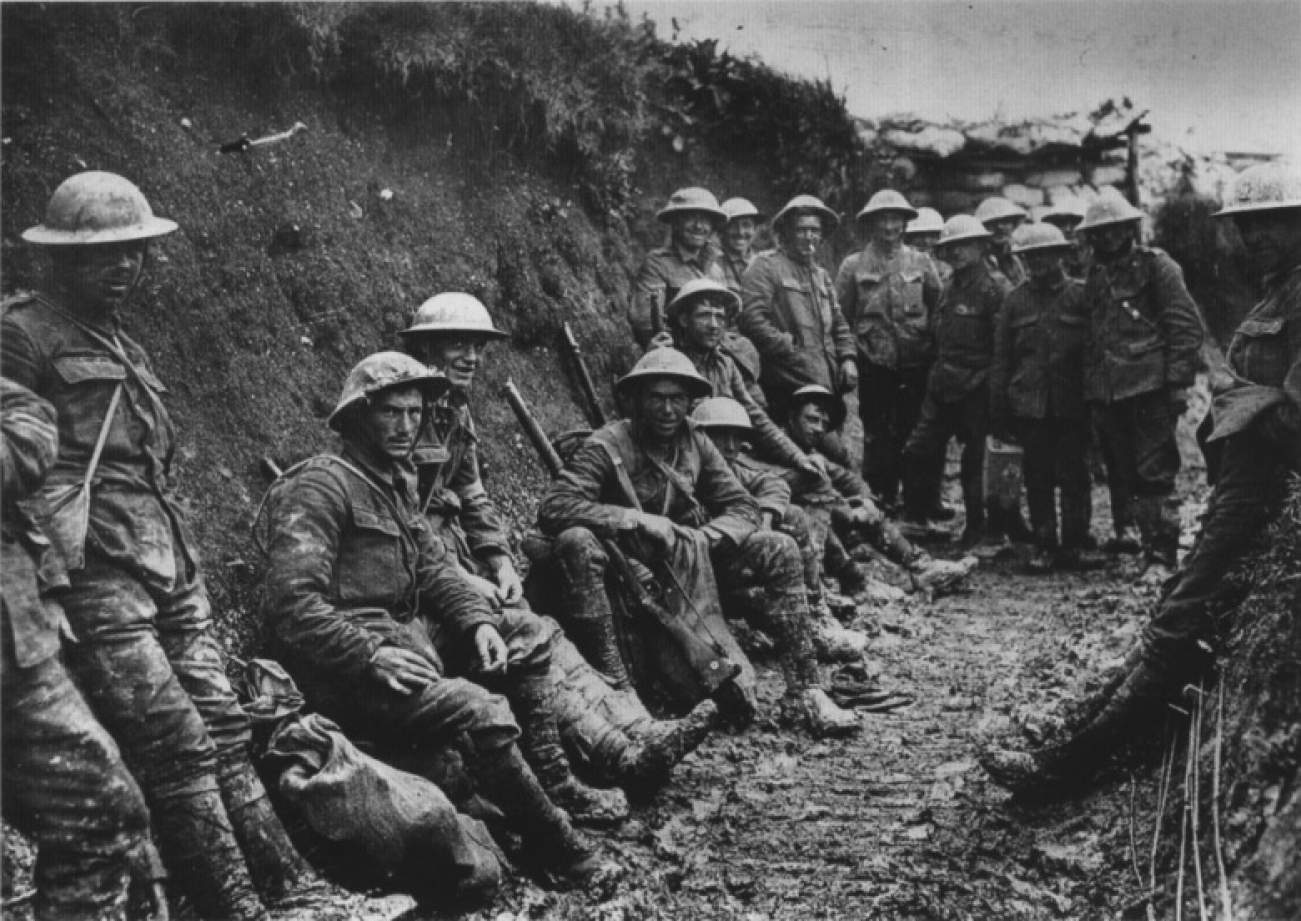







I am looking for audiobooks and podcasts all the time now. I will absolutely check this out. Thanks!I highly recommend Dan Carlin's Bluebprint for Armageddon podcast series to anyone who wants an entertaining way to learn about WW1. Pretty sure it's still free to listen to on his hardcore history site.
Grandfather served in the American Expeditionary Force at Chateau Thierry during the Second Battle of the Marne, also known as the Battle for Belleau Wood. My Grandfather made it back, but many American's did not. This was the first battle with heavy American casualties. It signaled the determination of the AEF to be a major force in the fighting. It is also the battle commemorated by the ceremony that the U.S. President decided to skip.
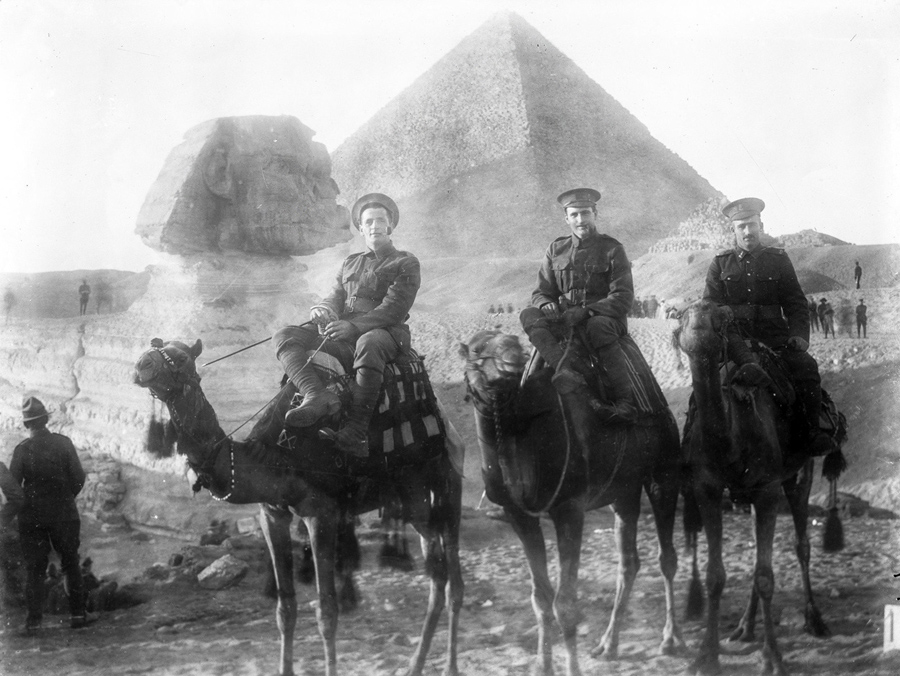

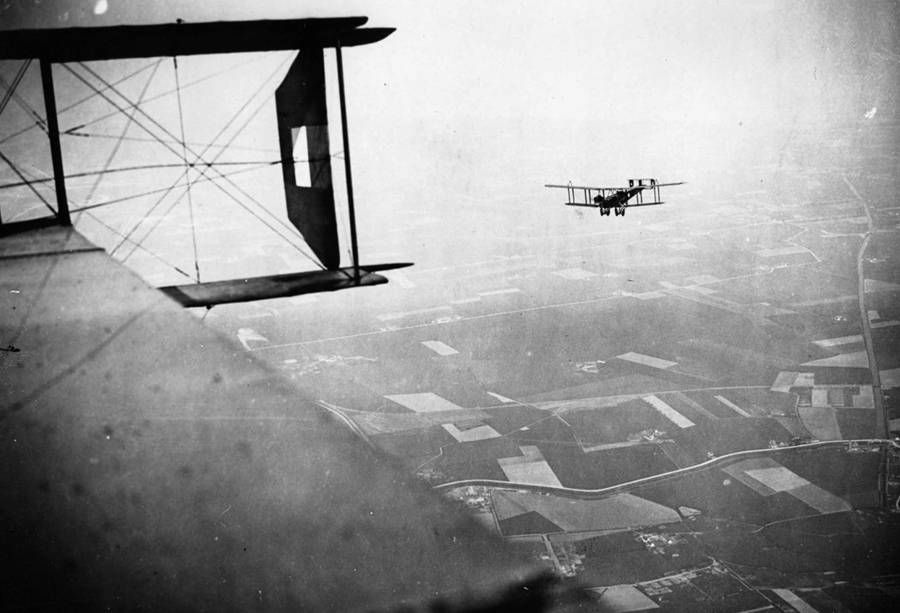
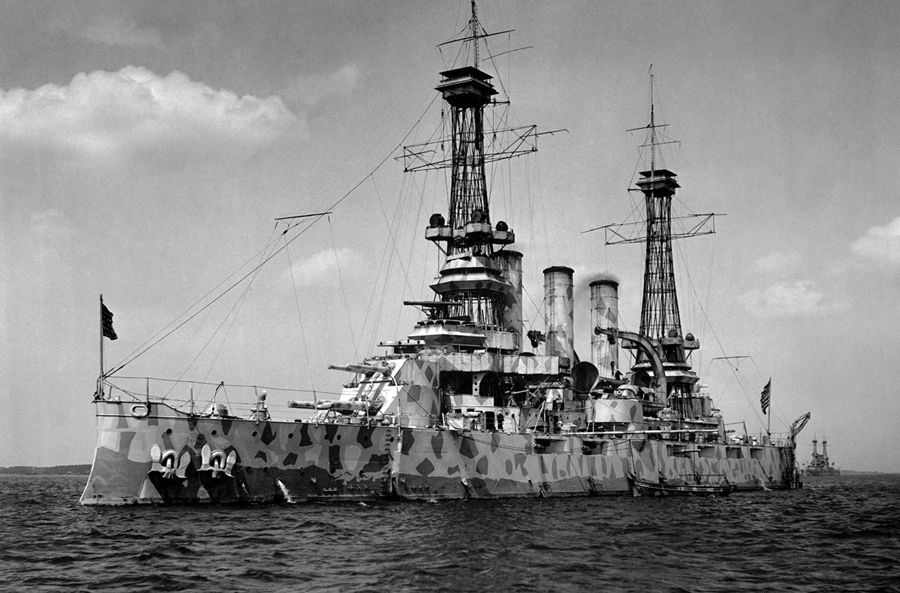
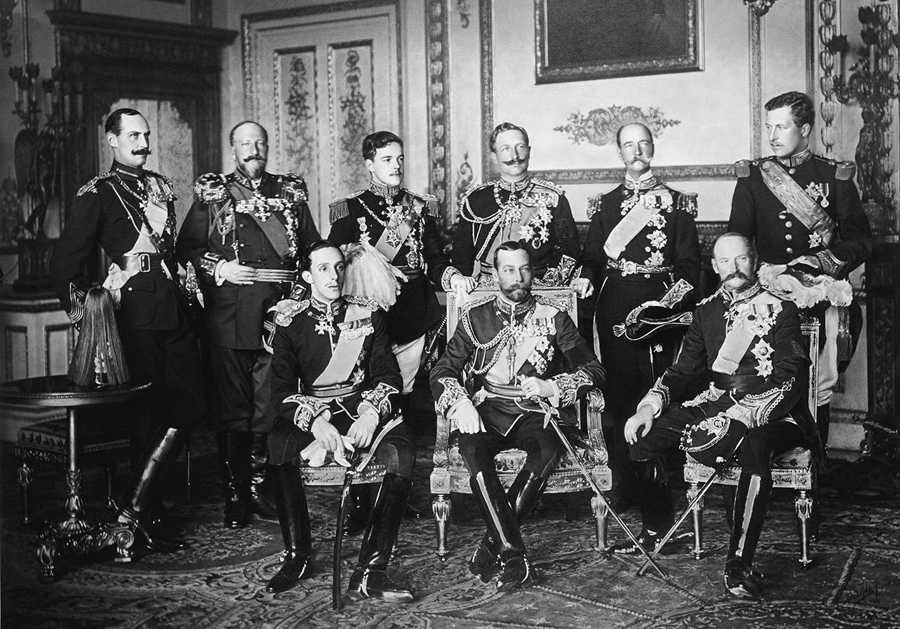
I've actually been listening to that for about the last 6 weeks. It's fantastic.I highly recommend Dan Carlin's Blueprint for Armageddon podcast series to anyone who wants an entertaining way to learn about WW1. Pretty sure it's still free to listen to on his hardcore history site.
I am totally stoked to watch this.
Peter Jackson has used modern technology to make film from WWI look like modern film so that you see the true colors, sound and movement of soldiers from WWI. As he put it, "They don't all look like Charlie Chaplin characters now."
Interesting.
My great grandfather served as a "doughboy" but died long before I could ever ask him about where he fought. After the war he settled down in the Napa Valley. He didn't own a vineyard but made a good living building ships that would later serve in WWII at the Mare Island Navy Port in Vallejo, California.
In his lifetime he saw Teddy Roosevelt, saw the invention of the automobile and airplane, read/heard about the Titanic, of the fought in WWI, saw the building of the Golden Gate Bridge, served by building ships during WWII... Just an incredible time to be alive.
The late 19th and early 20th century is just so fascinating to me.
If we could go back just 101 years we'd see real kings/queens (not the constitutional monarchs we see in the UK today) in Europe, a real question as to how much democracy should be permitted (women let alone blacks didn't have a right to vote), and the maps of Europe, Africa, and Asia were so much different than today. It's almost as if 1918 marked the end of monarchs and empires. The end of the last 300 years.
Just so interesting.
